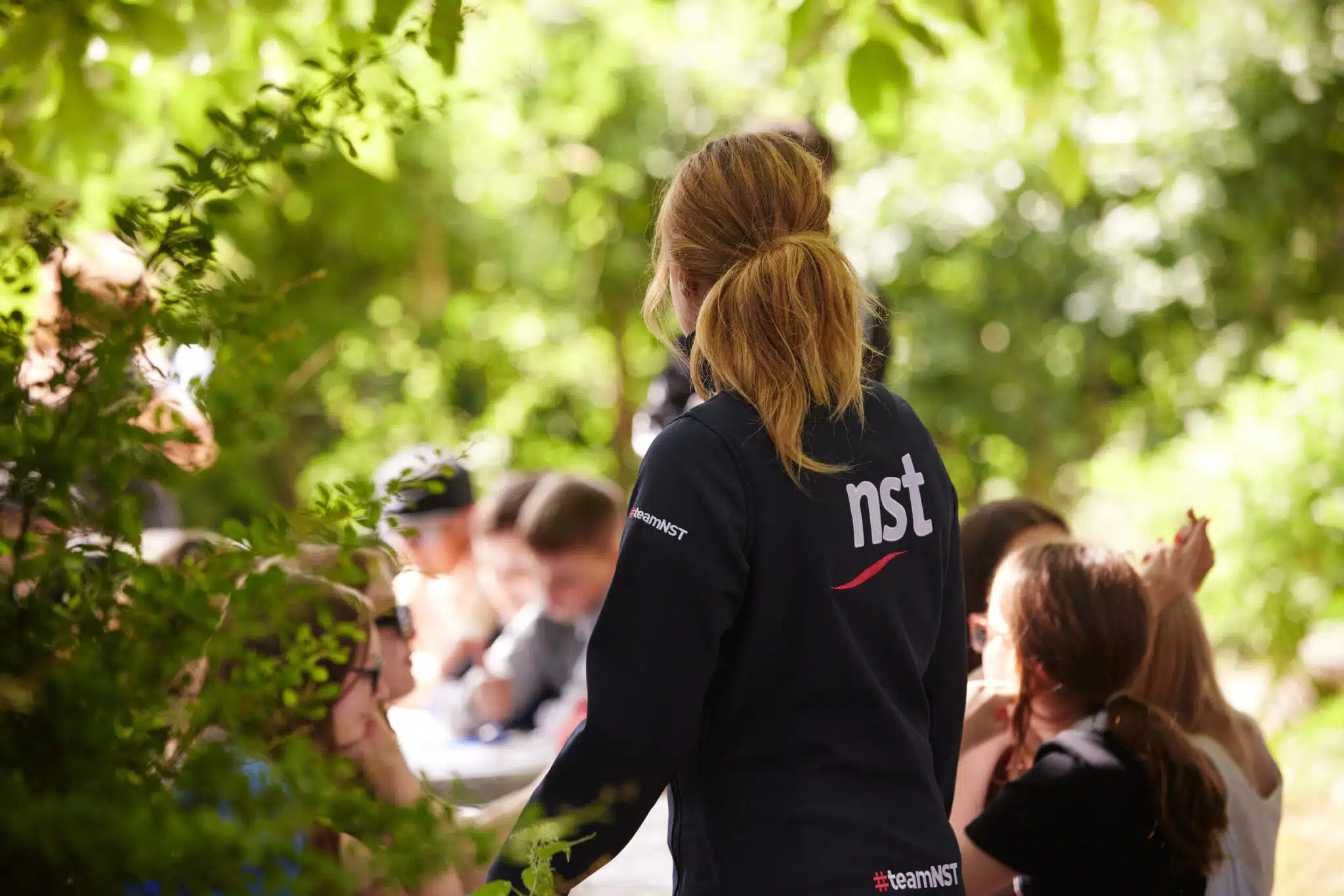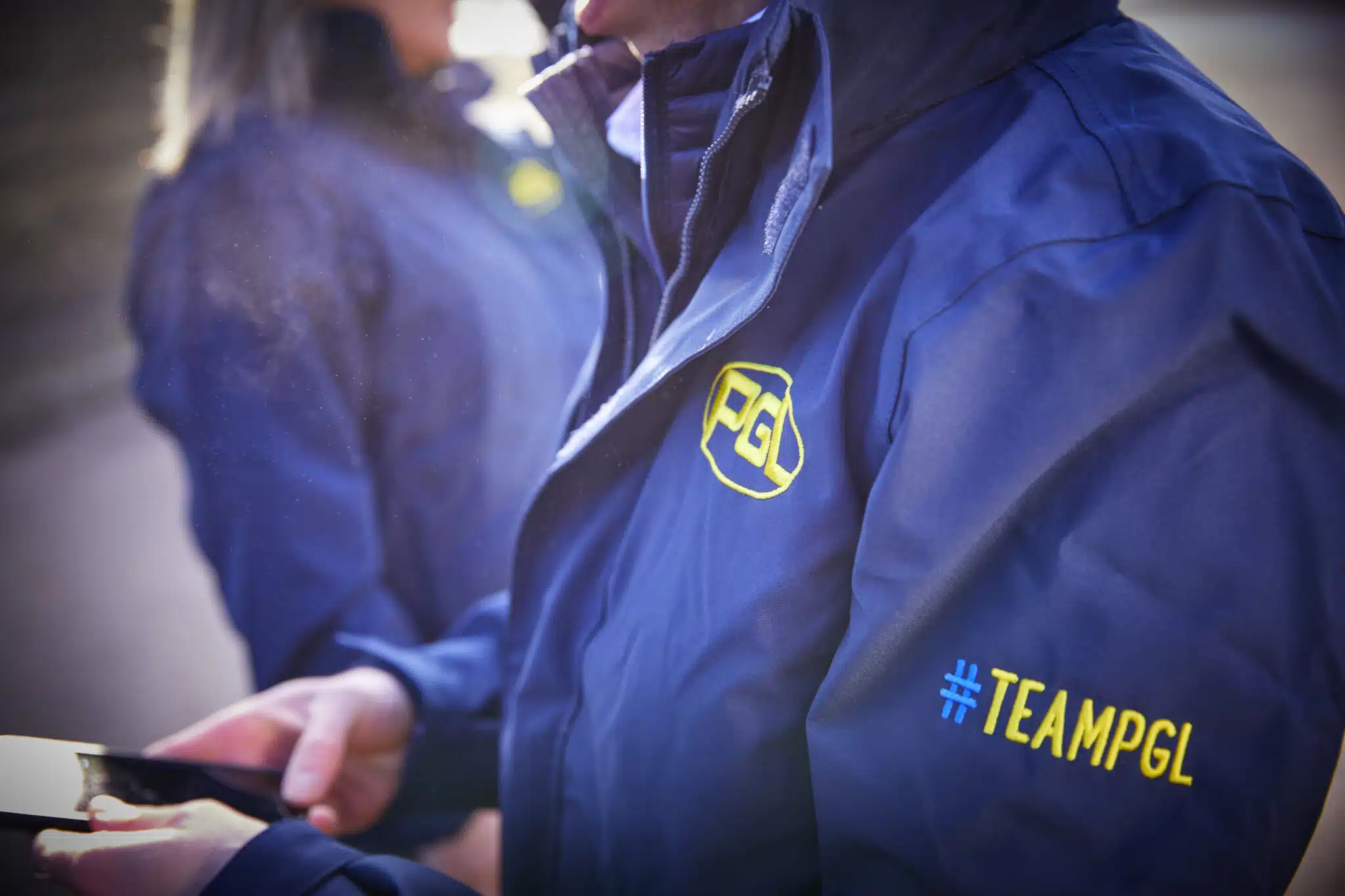For companies with BCorp aspirations, one of the biggest challenges is gathering a broader understanding of their supply chain. Legacy brands with a diverse portfolio will likely be faced with a monumental task of collecting in-depth data from possibly thousands of suppliers.
However, whilst that may seem daunting and off-putting, the importance of such a task cannot be overstated. The process of data collection can in itself be a fruitful and rewarding exercise, as the PGL Beyond ESG team discovered when they began the project late last year.
We at PGL Beyond have committed to getting a better understanding of the suppliers we work with, allowing us to see our current impact on the planet and develop a supplier base that is environmentally sustainable and future-proof.
In September 2024, our ESG team undertook the huge task of gaining in-depth insights into our group of approximately three thousand suppliers providing a range of services helping us to deliver life-enriching experiences to hundreds of thousands of young people every year. This work was conducted with suppliers right across the PGL Beyond network, encompassing suppliers in the UK, France and Australia, meaning that our ESG-related KPIs and targets are applicable to all of our locations.
To get a clear picture of our third-party impact and see where we could improve, we contacted the top 90% of our supply chain in terms of spend – a group that included suppliers from carabiners to catering to coaches to conference halls. Not to mention all our overseas tours suppliers and activity centres in France and Australia, all of whom were included in the audit.
Introducing a code of conduct
In addition to learning about our suppliers, we developed a code of conduct that lays out the expectations and standards we expect suppliers to operate within. This code of conduct is in line with the B Corp framework and is currently being implemented across the supply chain.
One aspect is a requirement of suppliers to provide documentation to prove their standards and policies in areas such as sustainability, diversity, privacy and ethics. In gathering this data, we’ve seen the challenges that arise from such thorough processes, however we’ve also learnt a great deal about how we can support our suppliers to adopt better practices.
Trends in supply chain auditing
It’s through in-depth and widespread engagement that we’ve been able to identify some clear trends in data and response rates. Here’s what we found…
Code of conduct non-compliance
47.7% of suppliers chose to either not sign the code of conduct or not complete the survey
This has shown us that some of our suppliers face barriers to compliance, we must therefore build relationships to understand what prohibited participation with the aim of removing barriers and getting this number down within the next 2 years.
Third party certifications
The information we gathered showed that 21.2% of those who responded held third-party certifications in the area of social or environmental awareness and standards, such as having an FSC, Eco Vadis or ISO14001 certification, or having a third party certified Environmental Management System (EMS).
This really highlights the increasing importance of social and environmental awareness across all sectors. And just like PGL Beyond, many of our suppliers are also working to do more, improve their sustainability and have a purpose beyond profit.
Understanding our suppliers’ relationship with ESG policies and benchmarking not only helps us to understand our impact, but it empowers our Procurement team to see where improvements can be made through supplier support and education.
Supplier diversity
The percentage of our (responsive) supply chain that fits within an EDI demographic sits at 10.9%. In alignment with our own EDI strategy, we commit to continuous tracking of this measure with a view to increasing partnerships with suppliers who share our values.
Going forward
We will continue to monitor these areas and work closely with our partners to improve upon these figures. In the meantime, we are actively embedding our findings not only in our Procurement team but across PGL Beyond for all colleagues sourcing or working with suppliers.
Stay tuned for further insights from our B Corp journey!




